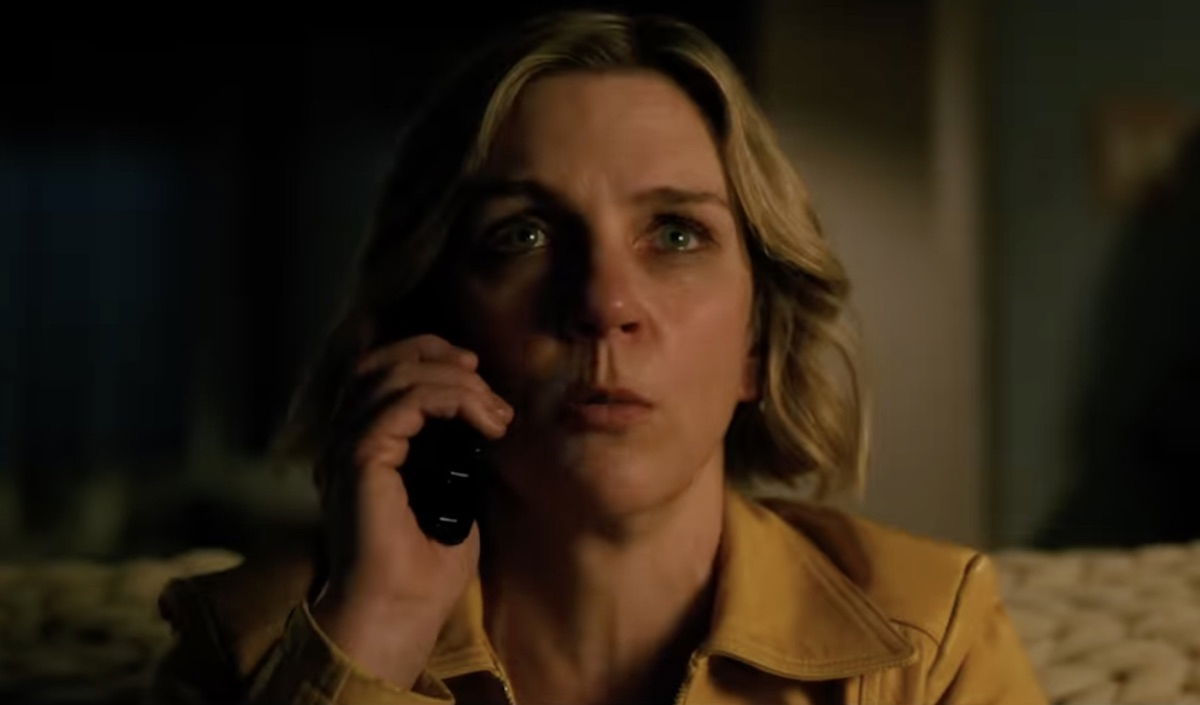The world of interactive entertainment is not as beautiful from the inside as it seems from the outside. The media industry is a brutal business in which not all participants survive, including in the gaming industry.
Today we will look at several examples of so-called “ghost games”. They were widely advertised, they were shown at game presentations, but in the end they never went on sale.
1. Brothers in Arms Fast and Furious 4
Brothers in Arms: Furious 4 was initially conceived not as a direct continuation of the shooter franchise about the Second World War, but as a non-canonical and frivolous spin-off. The plot departed from the realistic stories of Matt Baker’s squad and played out a fantastic performance about zombie Nazis.
Gameplay emphasized four-player co-op. Those who have seen early versions of the game say that it is a strange mixture of Team Fortress 2 and the movie Inglourious Observations.
In May 2012, it became known that Ubisoft, the game’s publisher, refused to use the Brothers in Arms trademark and withdrew its obligation to publish the project.
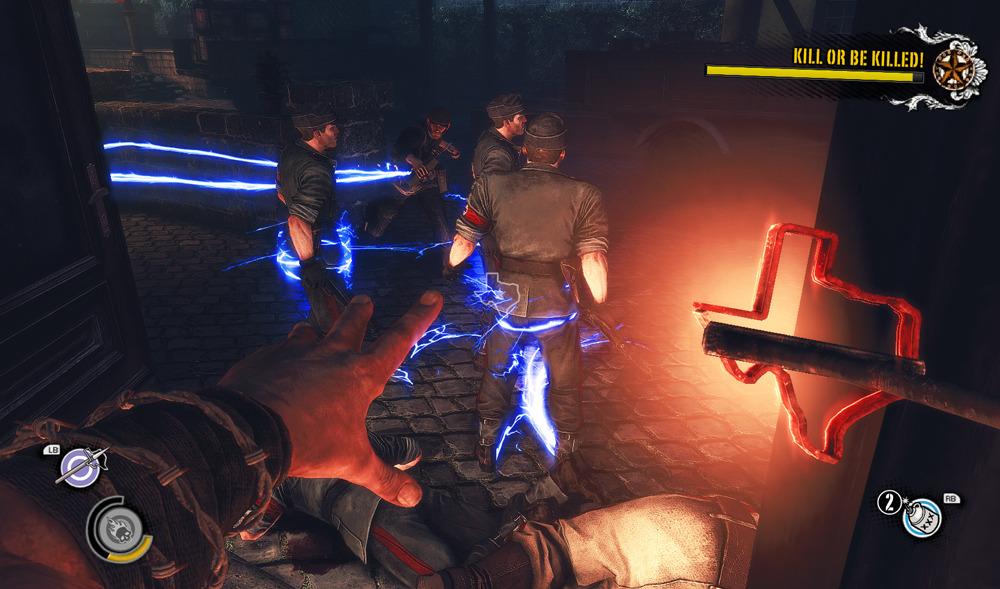
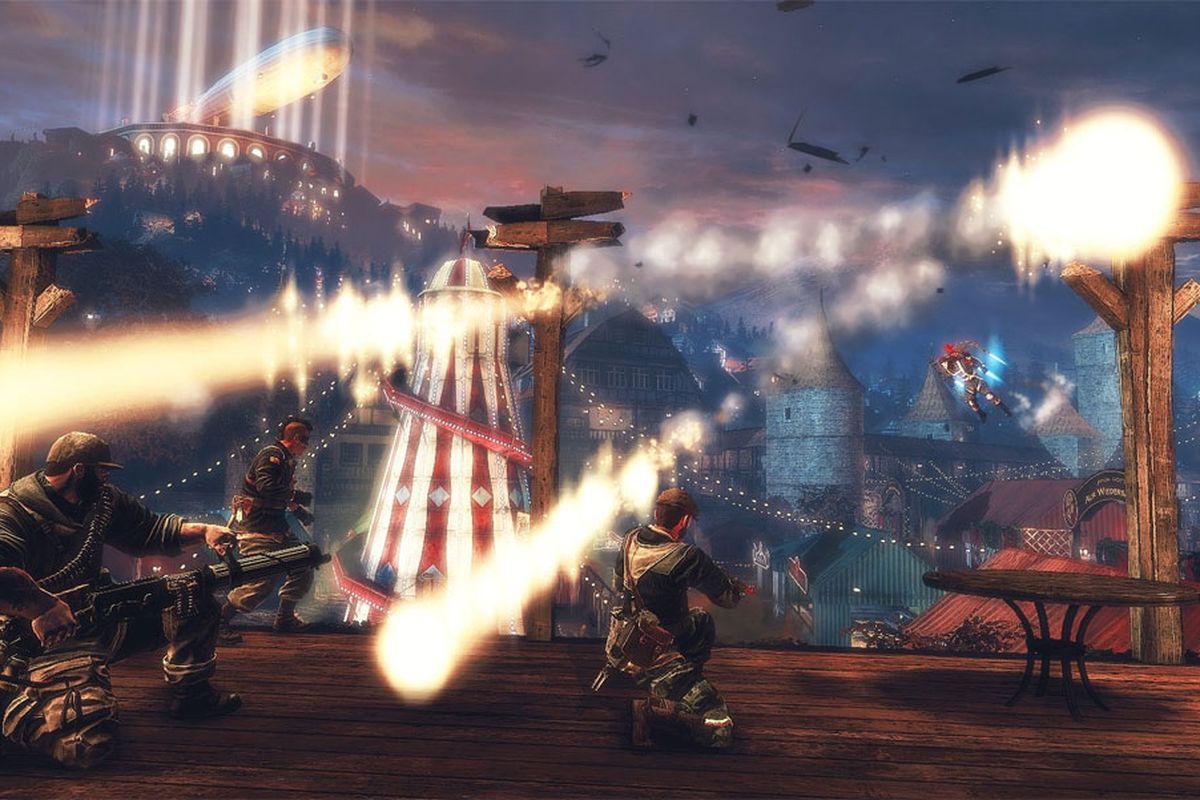
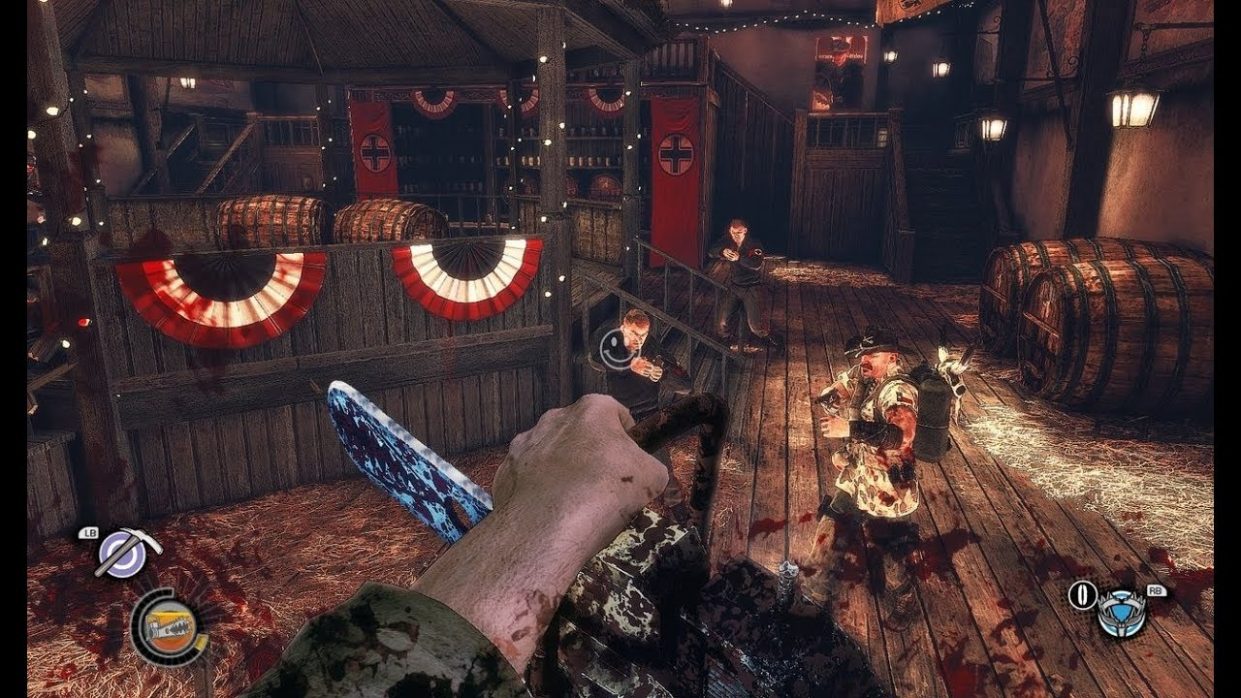
Currently, the press continues that the reason is the independence of the Gearbox studio from other projects. At that time, they were working in parallel on the games Aliens: Colonial Marines and Borderlands 2. The first of them, by the way, became the reason for a scandal, as the developers openly squandered the project’s budget and made a fortune by moving fake screenshots and previews.
Ubisoft stated that they and Gearbox could not agree on the Brothers in Arms trademark, so they refused to cooperate. After the rights were transferred, Gearbox did not continue development; all development for Brothers in Arms Furious 4 moved to another project called Battleborn. This project was an attempt to make Overwatch a success… and failed.
2. 100 bullets
100 Bullets is a crime thriller with noir elements in a graphic novel format. The story of how the comic moved beyond the pages seems no less dark and mysterious.
The feature-length film got stuck in production and fell off the radar. The series also did not reach release.
The development of a computer game in the third-person shooter genre also turned out to be unsuccessful. The company Acclaim took on the creation and publication of the game. It was planned to release the game on all current platforms at that time in 2003.
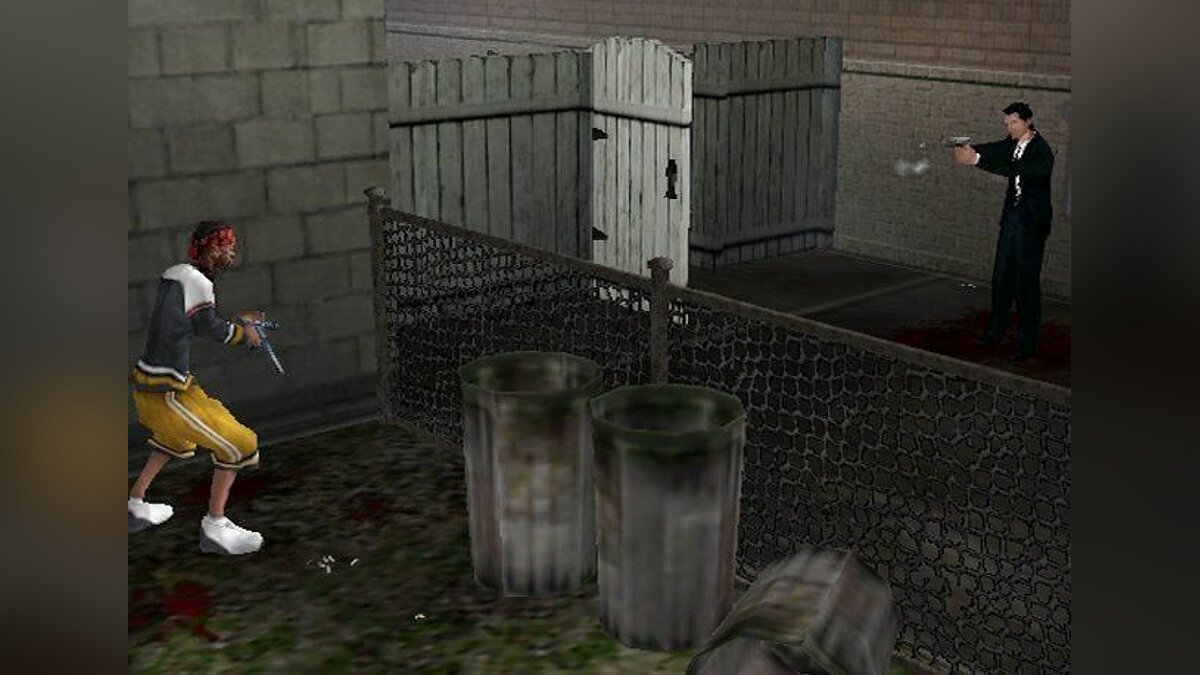
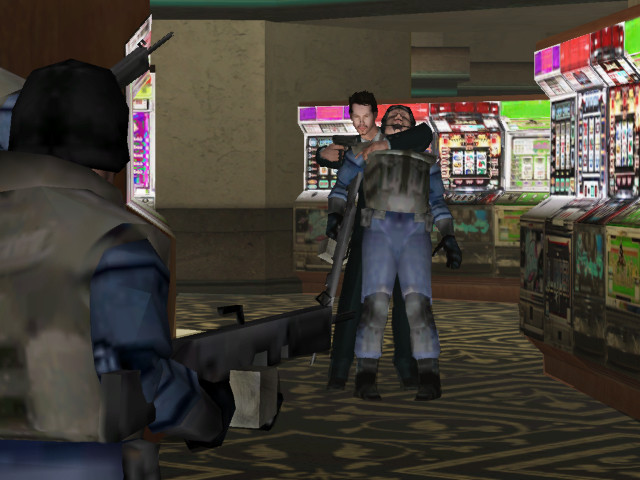

The author of the original comic book is involved in writing the script, the main character of which was based on Keanu Reeves. Comics were very popular, and more and more success seemed real. However, Acclaim Entertainment is a well-known example of a publishing bubble that has been trying to release the largest number of projects since the 90s. Unfortunately, it was with 100 Bullets that the company went bankrupt. The project, of course, was canceled and abandoned.
In 2006, 100 Bullets attempted to revive the top division of D3 Publishing. These years also see the company releasing the highest number of titles across multiple platforms, from niche JRPGs on the PSP to “Cast Cobra” games. The result was profitable – the announcement of the project did not go further. And D3 Publishing itself underwent a dramatic rebranding in 2015 due to financial problems.
3. Silent Hills
The revival of the popular Silent Hill series took two men who trained geniuses in their field: Hideo Kojima, a renowned name in the gaming industry, and Guillermo del Toro, a master of the horror genre. Nobody expected that they would take on this project.
But the mere fact that double vision is actually not enough. The decisive role was played by the pitch. No one announced Silent Hills directly. For the first time, a certain game called PT appeared on the Internet from someone who won’t lose it 7780s Studio. Not only was PT itself a real nightmare and one of the scariest games of our time, but there was also an Easter egg inside. After a series of unobvious actions, a trailer was launched, at the end of which the real name of the game was proposed – Silent Hills.
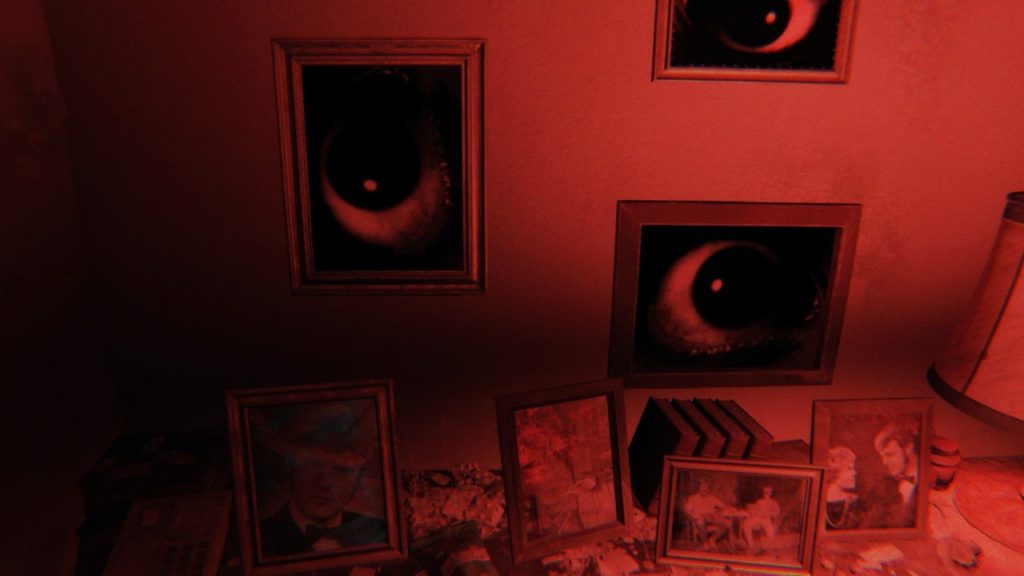
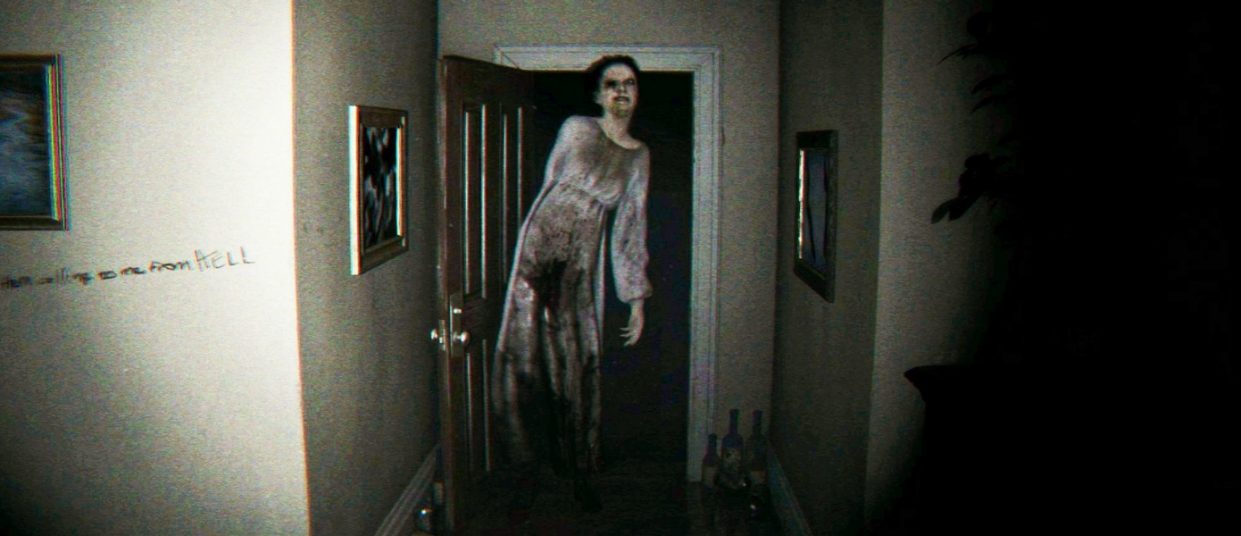
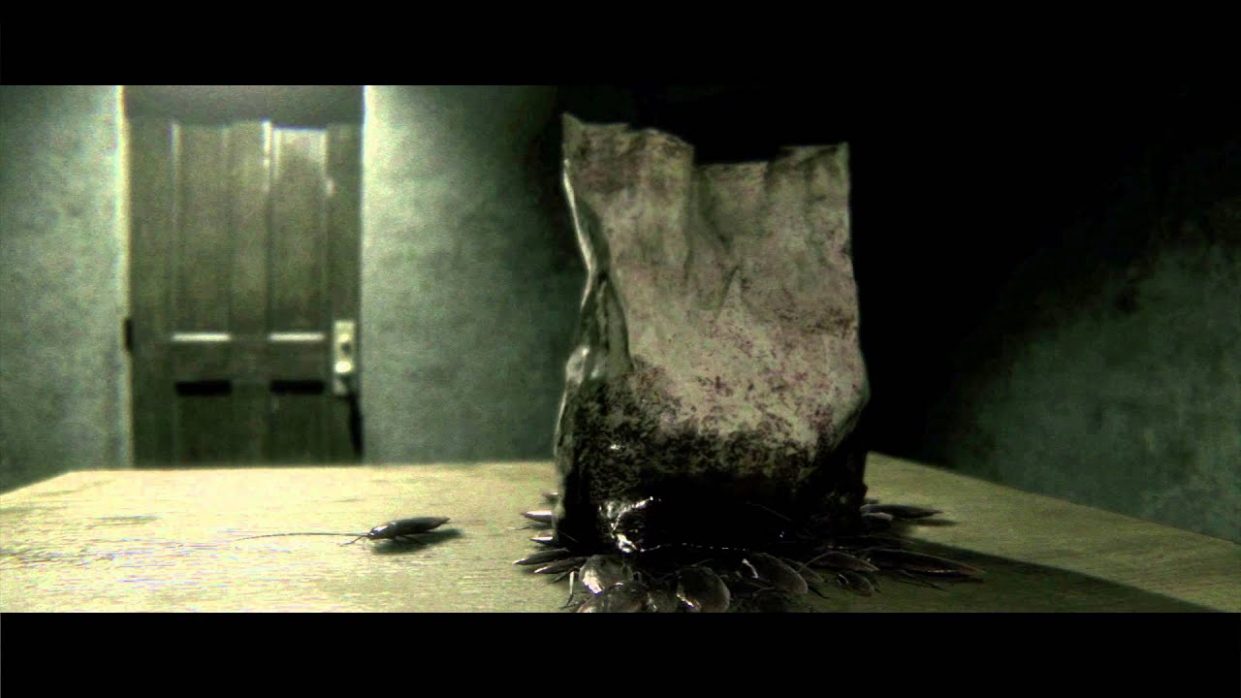
Silent Hills was set for release in 2016, but in March 2015, rumors surfaced about images of Konami’s Hideo Kojima. And in 2015 he was actually fired. Konami’s sequel rights to Silent Hills have officially been cancelled.
If we speak in the language of facts, Kojima frankly “starred”, constantly and unjustifiably inflated the budgets of games, violated the schedule of work on projects (according to anonymous employees, the setup of MEtal Gear Solid V was practically frozen because of Silent Hills), which became the reason for its implementation. It’s a pity that because of this, fans of the great series were left broke.
4. Loot 2
Prey 2 has quite an interesting development history. The first game was a solid first-person shooter with a couple of strange mechanics, and was primarily developed to avoid giving the title to publisher 3D Realms. The project was completed well and the sequels were given the green light. However, not everything is so good.
The first time the sequel experiment was in an interview with the Next Generation website in 2006, a month after the release of the first part. How important the mention was is difficult to assess years later, because the first official press release dedicated to Prey 2 appeared only 2 years later, in March 2008.
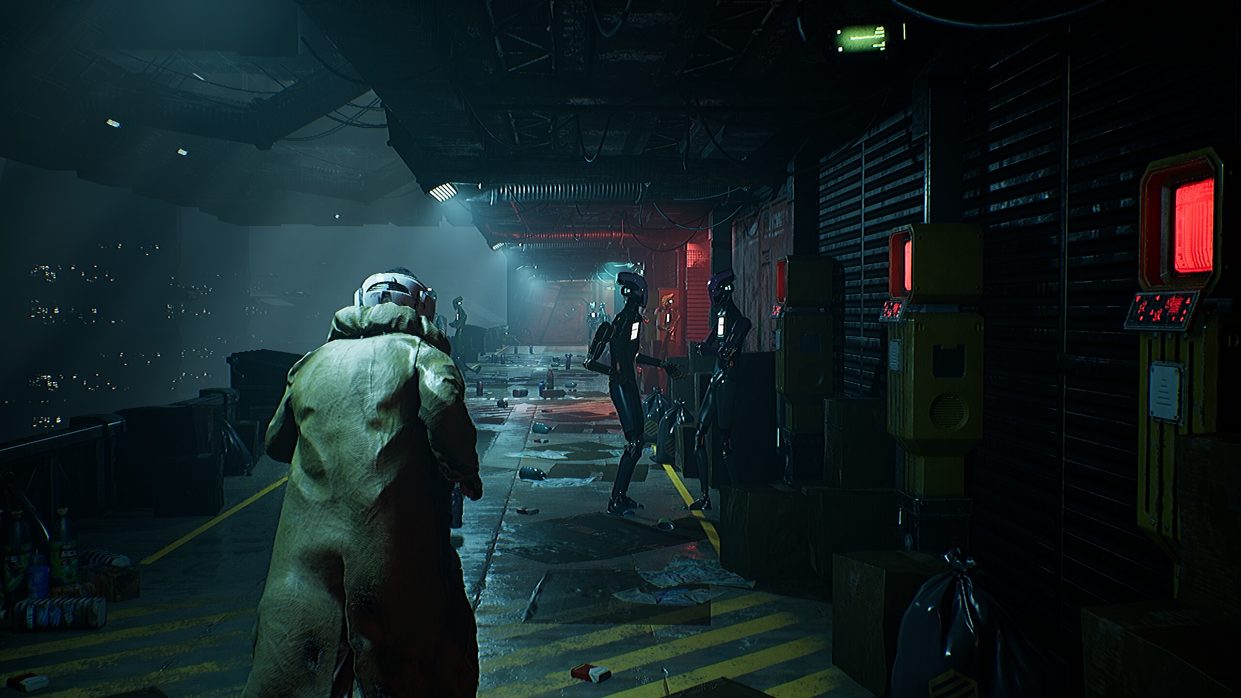
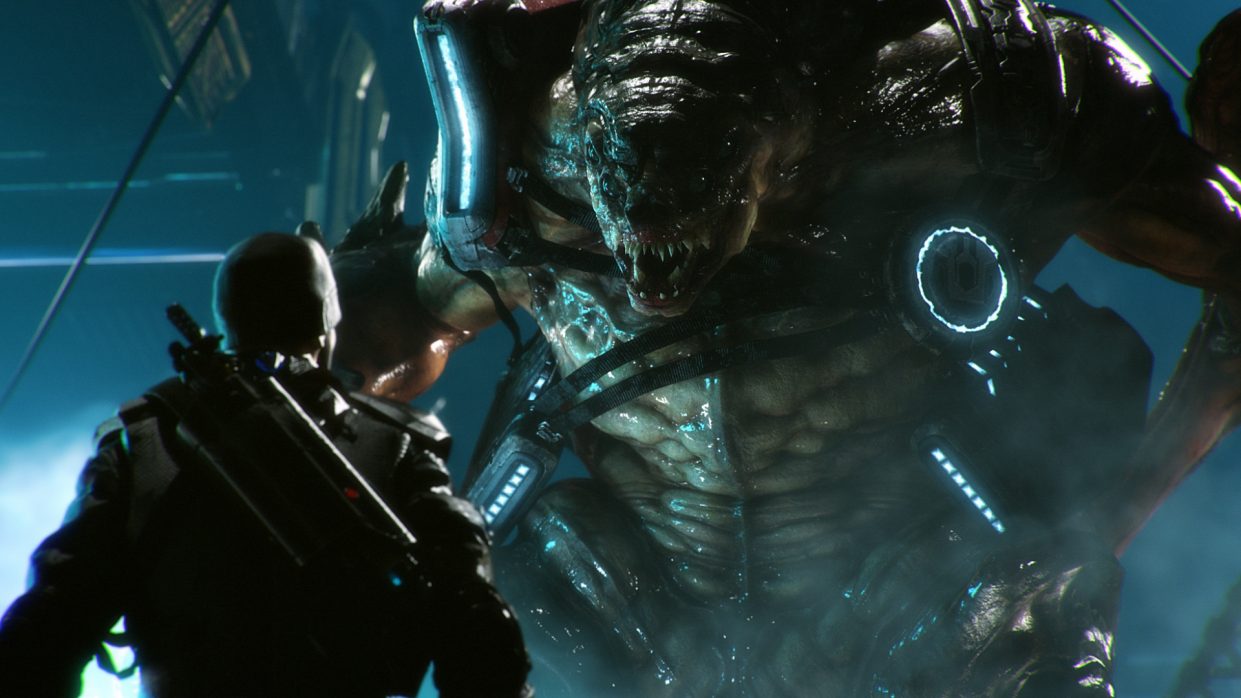

And then something strange happened. In 2009, the rights to the name were transferred to Zenimax Media without further clarification in the media. They may be represented as the owner of Bethesda Softworks and id Software. And it was Bethesda that re-announced the Prey 2 project in 2011, and already at that time the game was very different from the first part. After all, now this is an open-world shooter with dialogue and hints of a role-playing system. The release is planned for 2012.
In 2012, a series of strange events continued. First, Bethesda Softworks canceled all press conferences about the game without explanation. And in 2014, at a small gaming exhibition, PAX officially announced that development was continuing, as “the game does not live up to its quality and is not the original idea.” The game is currently entering the alpha testing stage.
By the way, in 2017 from a different team, but from the same publisher, outside of Prey. It had nothing to do with the original game; unfortunately, there was a failure in sales, and the research that it developed was closed in 2024.
5. Scalable
Platinum Games primarily contained furious, driving, but relatively chamber-sized game locations with slashers. And this is not surprising, since the study comes from Hideki Kamiya, the father of the Devil May Cry series.
Based on these facts, expectations for Scalebound were extremely high. After all, the project announced at the Microsoft press conference at E3 2014 is planned as an open-world action RPG about large dragons. A scale that Platinum Games never found itself, never took.
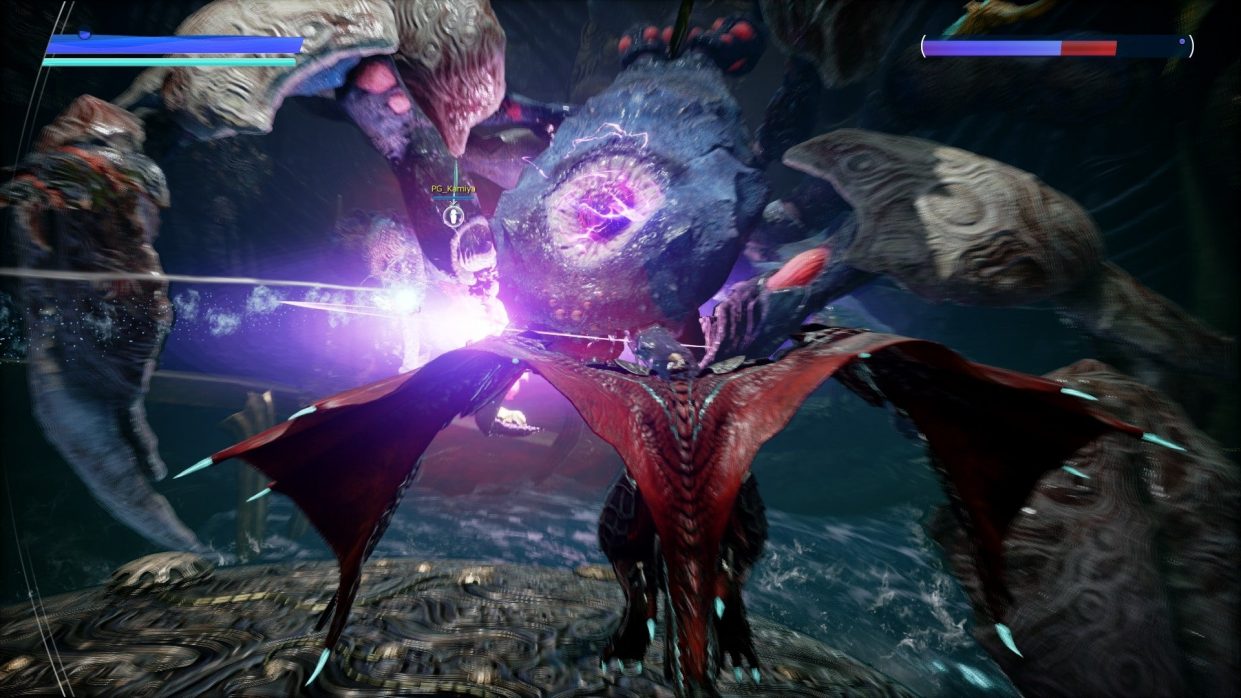
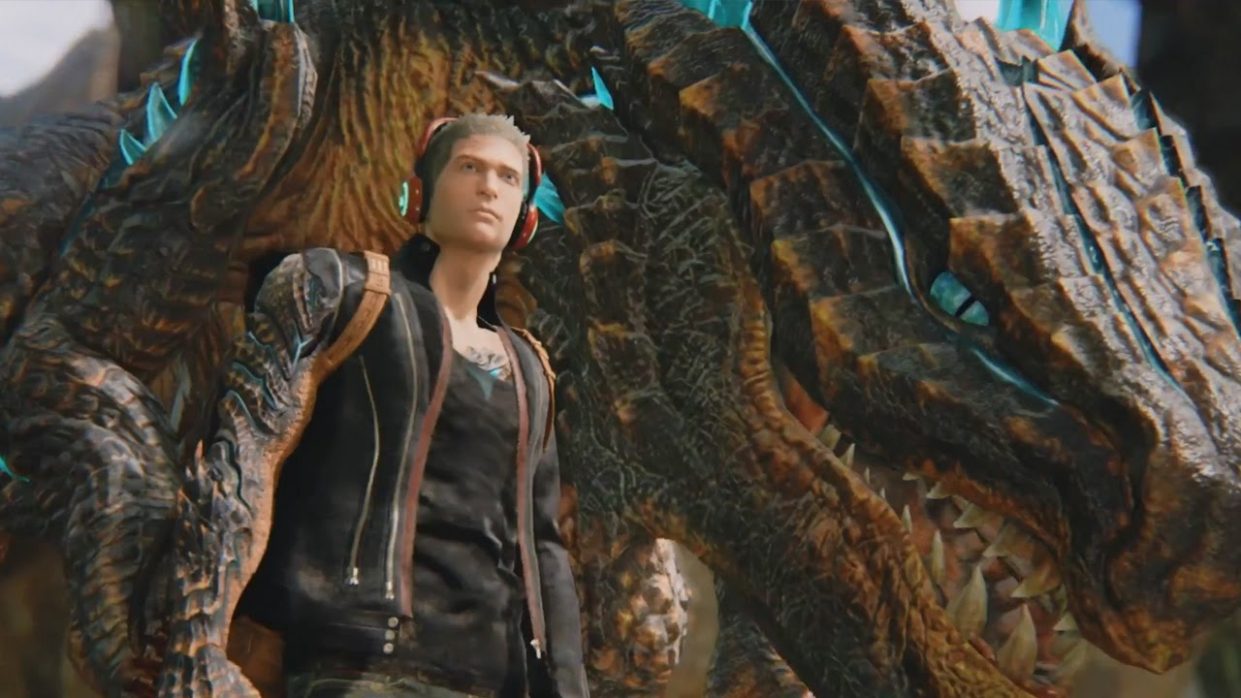

In addition to the open world, the debut feature for developers should be an online cooperative of 4 people, and all this splendor should work in the near future on Unreal Engine 4. The release of the largest open-world slasher is planned for 2017. However, at the beginning of the same year, Microsoft itself announced the cancellation of the project and continued cooperation with Platinum Games.
The reasons for this are quite simple. The developers were unable to pull off such a volume of work and implement all the planned ideas. Platinum Games themselves admitted this, and, according to rumors, the initiators abandoned the project, they too, and Microsoft only took responsibility to the public. Recently, Hideki Kamiya said in an interview that he is not against the transition to development, because over the years the studio has strengthened itself with the necessary personnel and experience, but it is expected that no one offers. Do you know what he did recently? Left the self-created Platinum Games.
Microsoft, in turn, periodically renews the rights to the name Scalebound, but does not give any hints about restarting development.
6. Final Fantasy vs. XIII
In the end, we are perhaps great actors about how ambition and inept management turned development into production hell. Final Fantasy Versus 13 was originally intended to be part of the Fabula Nova Crystallis trilogy, which would include Final Fantasy XIII itself, Final Fantasy Agito XIII and Final Fantasy Versus XIII.
But at some point Final Fantasy XIII had two good sequels, Final Fantasy Agito XIII became a separate, delayed game with a different name. And with Final Fantasy Versus XIII, a typical moment for its developers happened: the main designer abruptly switched to another project, and the whole idea went downhill.
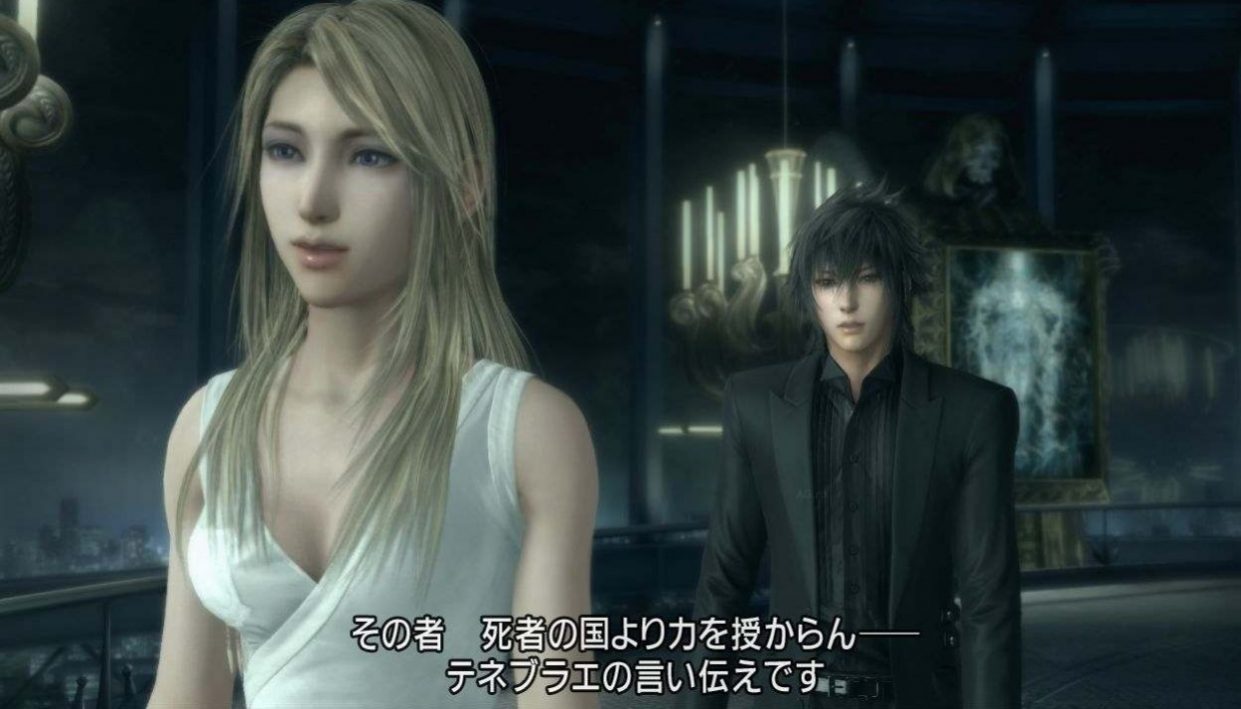
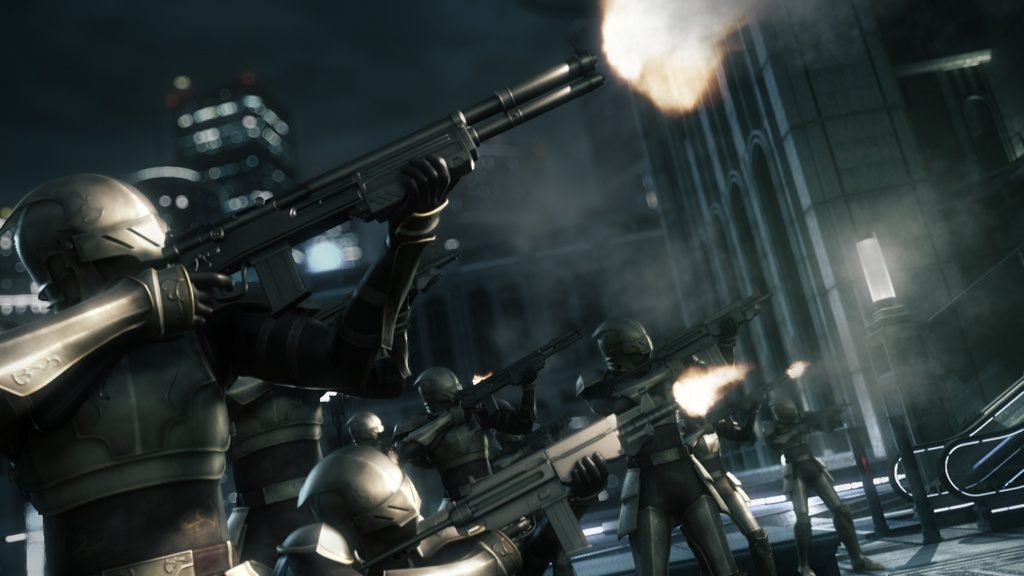

The first trailer for Final Fantasy Versus XIII was presented at E3 2006, for the development of Tetsuya Nomura’s library. The announcement was accompanied by a beautiful and impressive trailer.
In 2010, the developers realized that this engine was not suitable for games, and a large group was created to develop a new one. In 2011, Nomura admitted in an interview that the project never entered the active phase; all that is from Final Fantasy Versus XIII is a set of cutscenes and developments of the new engine. No one understood what exactly the game was, although from time to time they showed some of the gameplay.
In 2012, Nomura switched to another project, and the team went through restructuring. At Sony’s E3 press conference on June 10, 2013, Square Enix representatives showed another trailer that stood out significantly from the previous ones. They also announced that the game will be called Final Fantasy XV.
The game became the first numbered “final”, which, by the way, was translated into Russian. The new development manager personally came to Russia to show the project in Igromir.
Not everyone decides to live to see the release
Of course, there are many examples of announced projects being suddenly cancelled. In this article, I tried to talk about the most important and interesting cases related to the complexity of creating games.
Why does this happen?? The answer to this question can be found in all the stories I have told. Big ambitions, inept management and bureaucratic obstacles can lead to worthy projects.
It is worth noting that without these factors there would be no masterpieces. Without Kojima’s insatiable ambitions, we wouldn’t have named Metal Gear Solid 4 and Death Stranding. Without a bureaucratic regime and a steady hand from management, they failed to save Final Fantasy Versus XIII and release 2017’s Prey, which may have been a sales flop but was otherwise great.
In fact, there are a lot of such stories. If you know something interesting, please share in the comments. I will read with pleasure and, perhaps, write a continuation of this material in the future.
Have a good day!
Source: Iphones RU
I am a professional journalist and content creator with extensive experience writing for news websites. I currently work as an author at Gadget Onus, where I specialize in covering hot news topics. My written pieces have been published on some of the biggest media outlets around the world, including The Guardian and BBC News.



